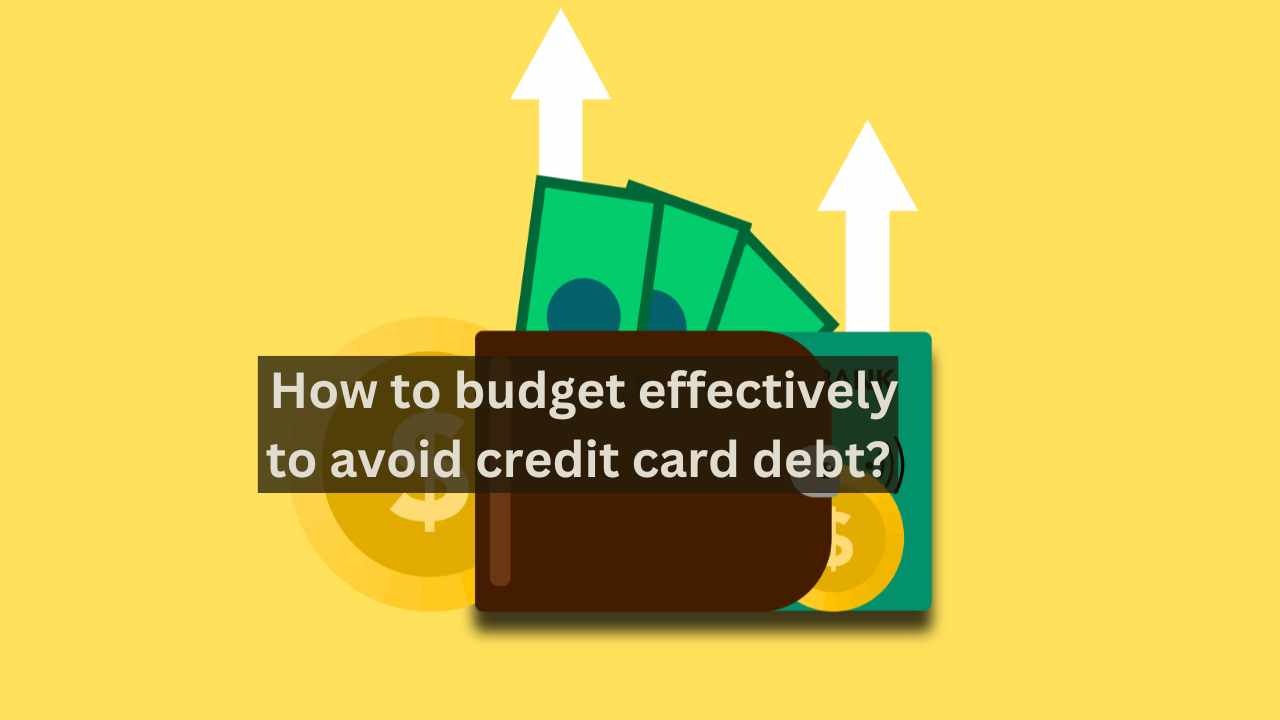Building credit as a young adult is crucial for setting yourself up for long-term financial success. Whether you plan to buy a house, finance a car, or qualify for a loan, your credit score will play a big role in achieving those goals. Establishing good credit early in life will save you money in the future by securing lower interest rates and giving you access to better financial opportunities. Here’s a step-by-step guide on how to build credit as a young adult.
1. Understand Why Credit Matters
Your credit score is a number that reflects how trustworthy you are as a borrower. Lenders, landlords, and even employers may check your credit score to assess your financial responsibility. A good credit score makes it easier to rent apartments, qualify for loans, get lower interest rates, and even secure certain jobs.
There are five main factors that influence your credit score:
- Payment history (35%): Whether you pay your bills on time.
- Credit utilization (30%): The percentage of your available credit you’re using.
- Length of credit history (15%): How long your accounts have been open.
- Credit mix (10%): Having a variety of credit accounts (credit cards, loans).
- New credit inquiries (10%): How often you’ve applied for new credit.
2. Get a Student Credit Card or Secured Credit Card
As a young adult, the best way to start building credit is with a credit card. However, if you’re just starting out, you might not qualify for a traditional credit card. Luckily, there are other options:
- Student Credit Cards: These are designed for college students and often have lower credit limits and fewer rewards. However, they’re easier to qualify for and still report your payments to the credit bureaus, helping you establish a credit history.
- Secured Credit Cards: With a secured credit card, you put down a cash deposit (usually equal to your credit limit), and you use the card just like a traditional credit card. The deposit serves as collateral in case you miss payments, making it easier to get approved. This is a great option for those with no credit history.
3. Become an Authorized User
If you’re not ready to open your own credit card account, becoming an authorized user on a parent’s or close relative’s credit card can help you build credit. As an authorized user, the cardholder’s payment history will be reflected on your credit report. Make sure the primary cardholder has a solid credit history, as their activity will directly impact your score.
4. Pay Your Bills on Time
Payment history is the most important factor in determining your credit score. Even one late payment can hurt your credit. To avoid this, make it a priority to pay all your bills — including credit cards, utilities, student loans, and even rent — on time, every time. Set up automatic payments or calendar reminders to ensure you never miss a due date.
5. Keep Your Credit Utilization Low
Your credit utilization is the amount of credit you’re using compared to your total credit limit. For example, if you have a credit card with a $1,000 limit and your balance is $300, your credit utilization is 30%. Experts recommend keeping your credit utilization under 30%, but under 10% is even better for maximizing your score.
If possible, pay off your balance in full each month to avoid paying interest and to keep your utilization low. Avoid maxing out your credit cards, as this can hurt your score.
6. Don’t Open Too Many Credit Accounts at Once
As a young adult, it’s tempting to apply for multiple credit cards or loans to build credit quickly. However, each time you apply for credit, a hard inquiry is added to your credit report, which can slightly lower your score. Multiple inquiries in a short period may signal to lenders that you’re a risky borrower.
Start with one credit card or loan and focus on using it responsibly. Once you’ve built a solid credit history, you can consider opening additional accounts down the line.
7. Consider a Credit Builder Loan
A credit builder loan is designed to help you build credit. Instead of receiving money upfront, you make fixed monthly payments toward a loan that’s held in a savings account. Once the loan is paid off, you get access to the money. Credit unions and small community banks often offer these loans, and they report your payment history to the credit bureaus.
This can be a good option if you want to build credit without taking on too much risk or debt.
8. Monitor Your Credit Report
Monitoring your credit report helps you track your progress and catch any errors or signs of identity theft early. You’re entitled to one free credit report from each of the three major credit bureaus (Experian, TransUnion, and Equifax) each year through AnnualCreditReport.com.
Make sure your report accurately reflects your payment history and credit accounts. If you notice any discrepancies, report them to the credit bureau to have them corrected.
9. Keep Your Oldest Accounts Open
The length of your credit history is another important factor in determining your credit score. Closing old accounts can shorten your credit history and reduce your available credit, which may negatively affect your score. Even if you no longer use a credit card, it’s often beneficial to keep it open, as long as it doesn’t have an annual fee.
10. Use Credit Responsibly
The key to building good credit as a young adult is using credit responsibly. This means only charging what you can afford to pay off in full each month, avoiding unnecessary debt, and staying mindful of your spending. Responsible credit use will not only help you build a strong credit history but also set you up for long-term financial success.
Conclusion
Building credit as a young adult is one of the smartest financial moves you can make. By getting a student or secured credit card, paying bills on time, keeping your credit utilization low, and monitoring your credit report, you can establish a solid credit history early on. Remember, it takes time to build good credit, so be patient and stay consistent with your financial habits.
Good credit opens doors to better financial opportunities, and the sooner you start, the more prepared you’ll be for major life decisions like buying a car or a home. Stick to the steps outlined above, and you’ll be well on your way to achieving a strong credit score.
FAQ
1. At what age can I start building credit?
You can start building credit as early as 18, the minimum age to open a credit card in your name. Becoming an authorized user on someone else’s card may allow you to start building credit even earlier.
2. What’s the easiest way for young adults to build credit?
Starting with a student or secured credit card is often the easiest way for young adults to build credit. Making on-time payments and keeping a low credit utilization rate are key to improving your credit score.
3. How long does it take to build a good credit score?
It typically takes six months of responsible credit behavior to generate a credit score. Building a high credit score may take several years of on-time payments and responsible credit use.
4. Can student loans help build credit?
Yes, making on-time payments on your student loans can help you build credit. However, missed or late payments can hurt your credit, so be sure to manage your loans responsibly


